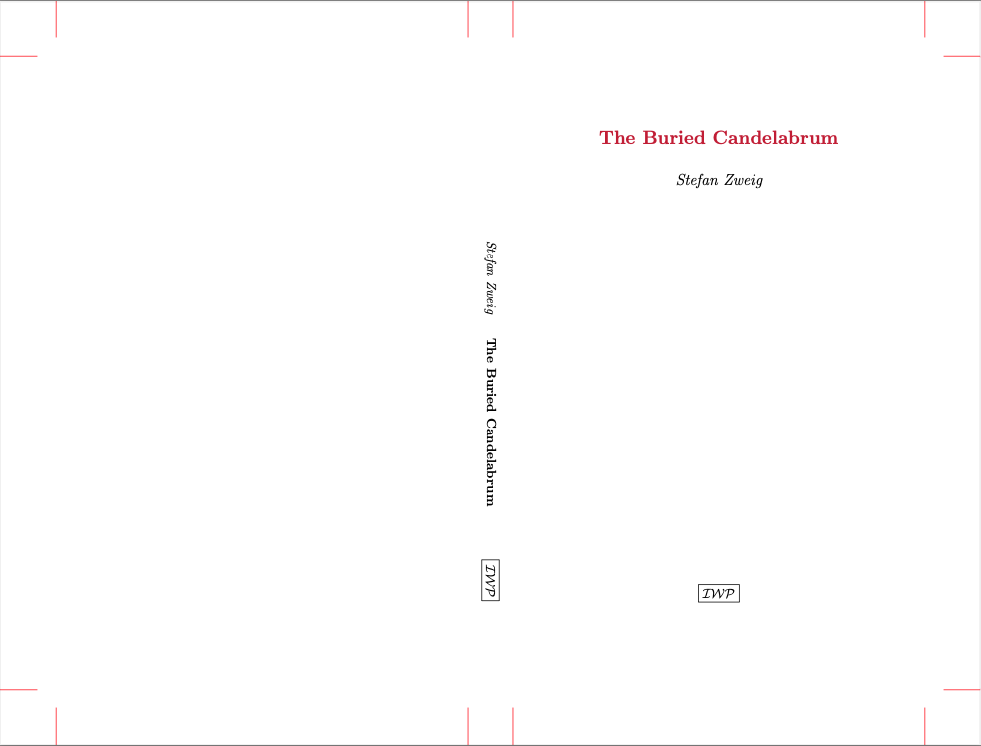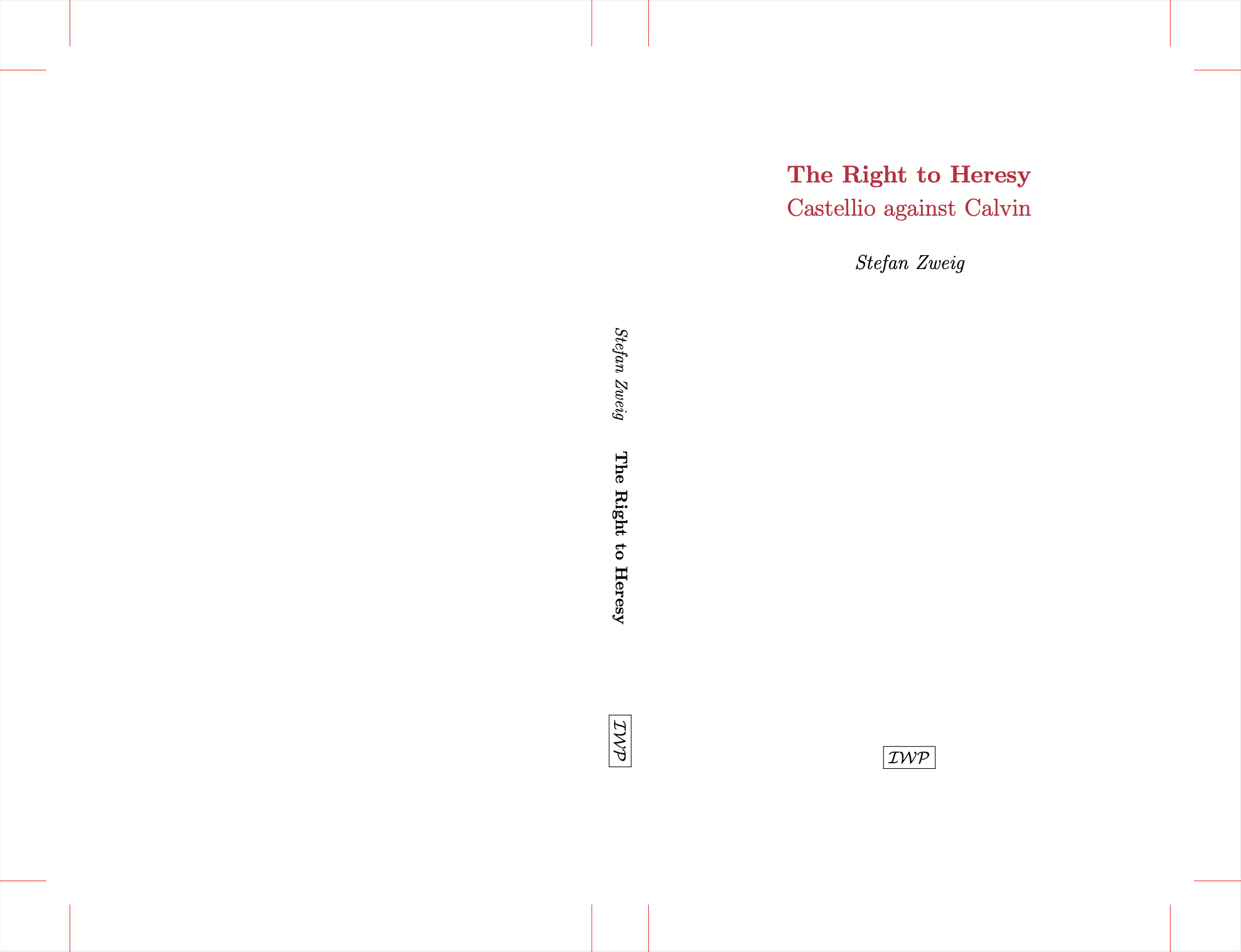Predictions
I know someone who showed his palm to a fortuneteller in order to know his future. He told me he did it just for fun, and didn’t really believe in it. Even so, I would have advised him against it, if he had asked me, because it is a dangerous way to have fun. It is very easy not to believe, as long as nothing has yet been said; for then there is nothing for you or anyone else to believe. Disbelief is easy at the outset, but soon becomes difficult; fortunetellers know this very well. “If you don’t believe in it,” they say, “what are you afraid of?” And thus the trap is set. As for me, I am afraid of believing, for who knows what they will tell me.
I suppose there are fortunetellers who believe in themselves. Those who only mean to joke might predict ordinary and likely events in ambiguous terms: “You will have troubles and a few little failures, but you will succeed in the end”; “You have enemies, but they will eventually come around to your point of view, and meanwhile, the constancy of your friends will console you”; “You will soon receive a letter concerning your present problems.” … This list could be extended almost indefinitely, and such predictions are perfectly harmless. However, if a fortuneteller thinks of himself as a real fortuneteller, then he might very well predict dreadful misfortunes for you; and you, levelheaded person that you are, you would laugh. It is no less true, however, that his words would stick in your memory and come back unexpectedly in your musings and dreams, troubling you just a bit, until the day when events seem to bear them out.
A girl I knew had her palm read one day by a fortuneteller who told her: “You will get married; you will have a child; you will lose it.” Such a prediction is not too heavy a burden to carry in the early stages. But time passed. The girl got married, and just recently had a child; the prediction now weighs more heavily on her mind. If the child should get sick, the fatal words will resound deafeningly in the ears of the mother. Perhaps she had laughed at the fortuneteller. He will be avenged.
All sorts of things happen in this world, fortuitous occurrences that can shatter the most steadfast belief. You laugh when something sinister and unlikely is predicted; you will laugh less if part of this prediction comes true; then, even the most courageous man will wait for the rest to occur. We all know that our fears cause us as much suffering as the catastrophe themselves. It is possible for two prophets who do not know each other to predict the same thing. If this concordance does not upset you more than your intelligence tells you it should, then I admire you.
As far as I am concerned, I prefer not to think about the future, but to look ahead only to what lies directly before me. Not only will I not go showing the inside of my hand to a fortuneteller, but more importantly, I will not try to read the future by attempting to penetrate the nature of things; for I do not believe that our sight extends very far, no matter how great our knowledge. I have noticed that anything important that happens to anyone is unforeseen and unforeseeable. Once you have cured yourself of curiosity, you will no doubt then have to cure yourself of prudence.
14 April 1908

